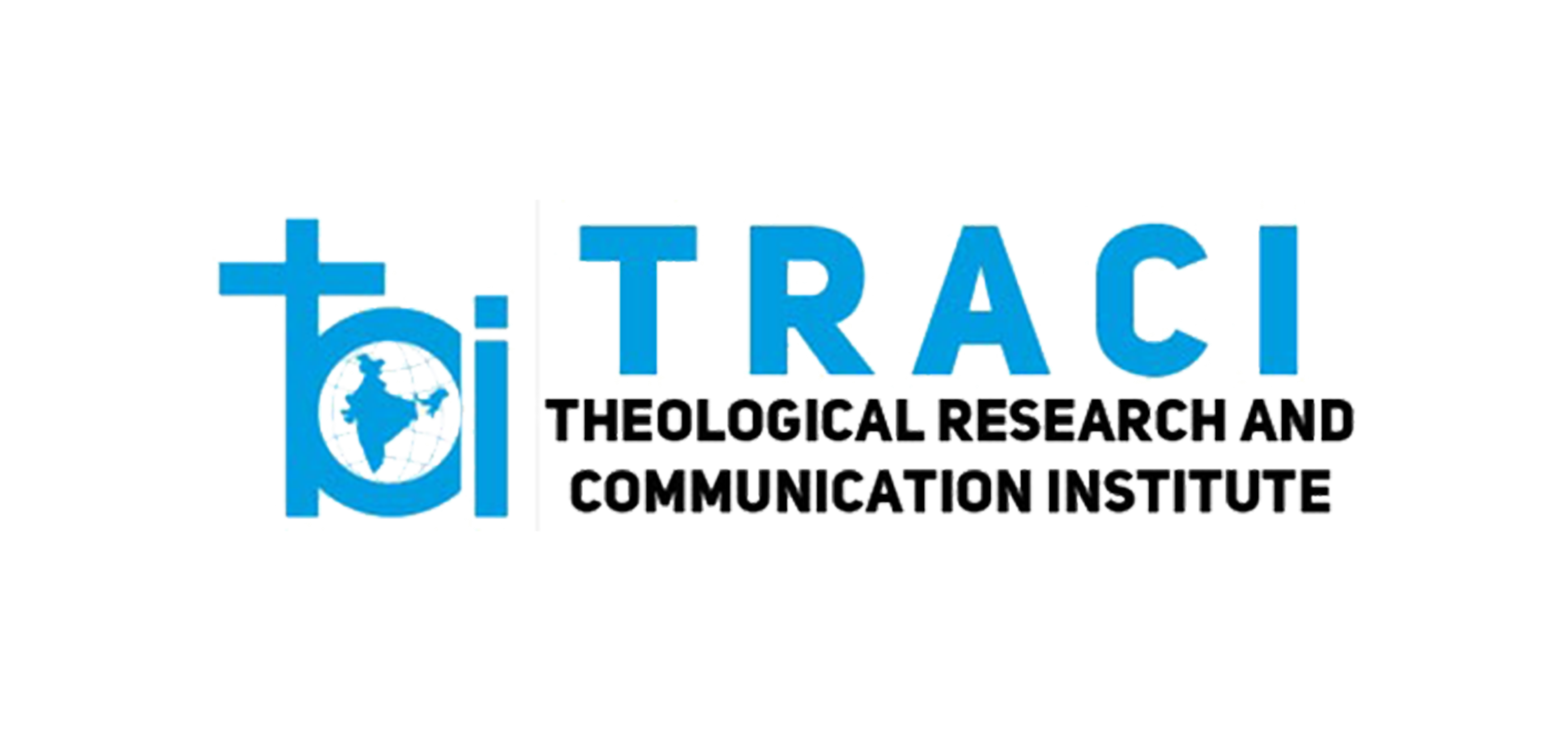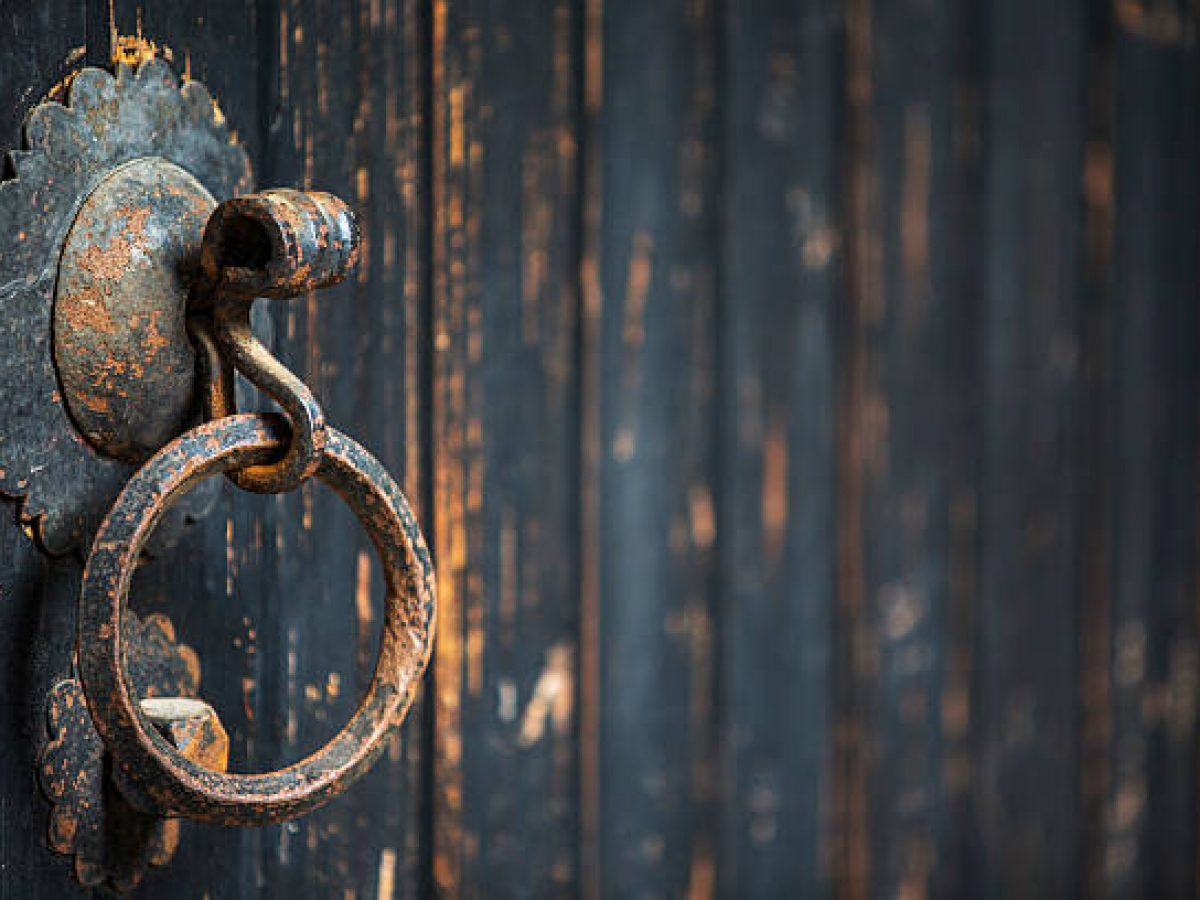The Covid-19 pandemic has given rise to innumerable questions. One of the questions among Christians is theological: why has it ravaged the community of faith? In other words, why are followers of Jesus Christ not spared from the sufferings of this terrible pandemic? It’s a question that sounds rather exclusive, selfish and insensitive. But it does come at us in slightly different forms at other times when unforeseen events happen – an accident, a cancer diagnosis, suicide etc.
Questions like these are theological, but they are also deeply personal and shaped by the experience of suffering or seeing those we love suffer. Answers are therefore not only difficult to find but also not satisfactory almost all of the time. It is with these in mind that I hazard an explanation to these difficult questions.
The Bible is full of examples where righteous people are saved or protected from terrible things that happen around them. Beginning with Noah and his family who are delivered from the flood (Genesis 6-8), to the promise in Psalms 91 that ‘it will not come near you’ even if ‘a thousand fall at your side’, to Revelations where ‘only those people who do not have the seal of God on their foreheads’ are tortured (Rev. 9:4-6), there is a constant refrain across the Scriptures that those who trust in the Lord will be protected, kept safe and prosper. Famous passages from Exodus about Israel being untouched by the plagues come to mind. And then the equally dramatic story of Daniel in the lions’ den and his friends in the furnace.
I have had multiple conversations with well-meaning relatives who assure me that nothing will happen if I pray and stay close to God. These examples from the Bible firmly support their belief. But I have had to tell them that it is not so: many pastors and servants of the Church, God-fearing, good people have suffered and died too, like all the others. We have a two-fold question here. First, is it wrong to expect God to protect his people in times such as these? And second, if it is not wrong, then why have so many people of faith lost their lives to the virus?
In good and bad times, we depend on God for everything. Therefore, when we are going through a once in a lifetime crisis, it is only natural for us to seek God’s protection even more. So yes, it is only right and proper to wait for God’s deliverance, not only for those who call themselves Christians, but for all people. And indeed, there are many stories of miracles and healings. For some, God has literally rescued them from the flood or walked with them through the fire to bring them out unhurt.
And yet, there is a large number of people who waited expectantly for God’s intervention and did not receive it. For many, God has been silent and unreachable. At the back of my mind, I think that if God-fearing people were protected, the rest would see and turn to God. Just as Nebuchadnezzar was forced to do so long ago. That is how we become the city on a hill, the light of the world, right? But then again, I suspect we’d become an even more self-righteous bunch of people, pointing fingers at the sins of the world. Surely, that is not the way to win the world…
The holy and just God we worship does not discriminate amongst those he made in his own image. But we assume that God loves Christians more. And so, we begin to have expectations from God, that we should be treated better than the rest of the world around us: our prayers answered, for instance. After all, does he not expect us to keep his standards unlike the rest of the world? It is a subtle but powerful theology we have built to extort the maximum good possible out of our relationship with God.
In saying this, I do not intend to make light of the suffering and grief that many amongst us are going through. My intention, however, is to point out that followers of Jesus Christ are not entitled to some kind of blanket protection over our bodies from the coronavirus. Material well-being, including being free from the virus, is not the best indicator of the privileges of following Jesus. On the contrary, descendants of Adam and Eve redeemed by Christ ‘to work and keep the garden’ are exposed to all kinds of perils that are common to humankind. Many pastors, for instance, have fallen while on active duty. As have untold number of doctors, nurses and good Samaritans.
All of humanity has suffered equally in this pandemic, regardless of faith. As a nation, we have tasted the bitter fruit of the choices we and our leaders made, without any exceptions. When the leaders of a nation lose sight of service and instead begin to make a monument to themselves, the people suffer – poor and rich, righteous and wicked, faithful and faithless. I believe that Christians ought not to make an exception for themselves, but rather cry out to God on behalf of the country.
I’m reminded of the prophet Jeremiah who pronounced judgement on Israel because of her idolatry. Yet, this righteous man who spoke boldly on God’s behalf wasn’t spared when the destruction he had predicted came to pass. Another person who was not spared from the fate that overtook his country is Dietrich Bonhoeffer. In fact, he chose to share in that destiny and paid for it with his life. In his own words, ‘I will have no right to participate in the reconstruction of Christian life in Germany after the war if I do not share in the trials of this time with my people.’
Perhaps Christians ought not to see our suffering through the lens of what we may call, Christian exceptionalism. On the contrary, we need to see it as a part of the immense national suffering that this country is going through. There hasn’t been anything like this since Independence and partition. It is undoubtedly going to be a watershed moment for this nation and will shape our future irreversibly. Just consider the economic and mental health implications of the pandemic and lockdown, for instance.
When we have composed ourselves from the shock we are going through and open our tear-stained eyes, we will see that we are faced with an even more daunting question, one which turns inside out the query we began with in the first place. But this is a question that seeks an answer from us, rather than from God: how will the community of Christ, having shared in the unspeakable suffering of the country, contribute towards healing and rebuilding it? Are we consciously going to play a part in shaping the destiny and future of this great nation that is now on its knees?
A. Lozaanba Khumbah is a Research Scholar at the Jawaharlal Nehru University New Delhi. He is also a young poet and an ardent photographer. He is part of the TRACI Research Team.

